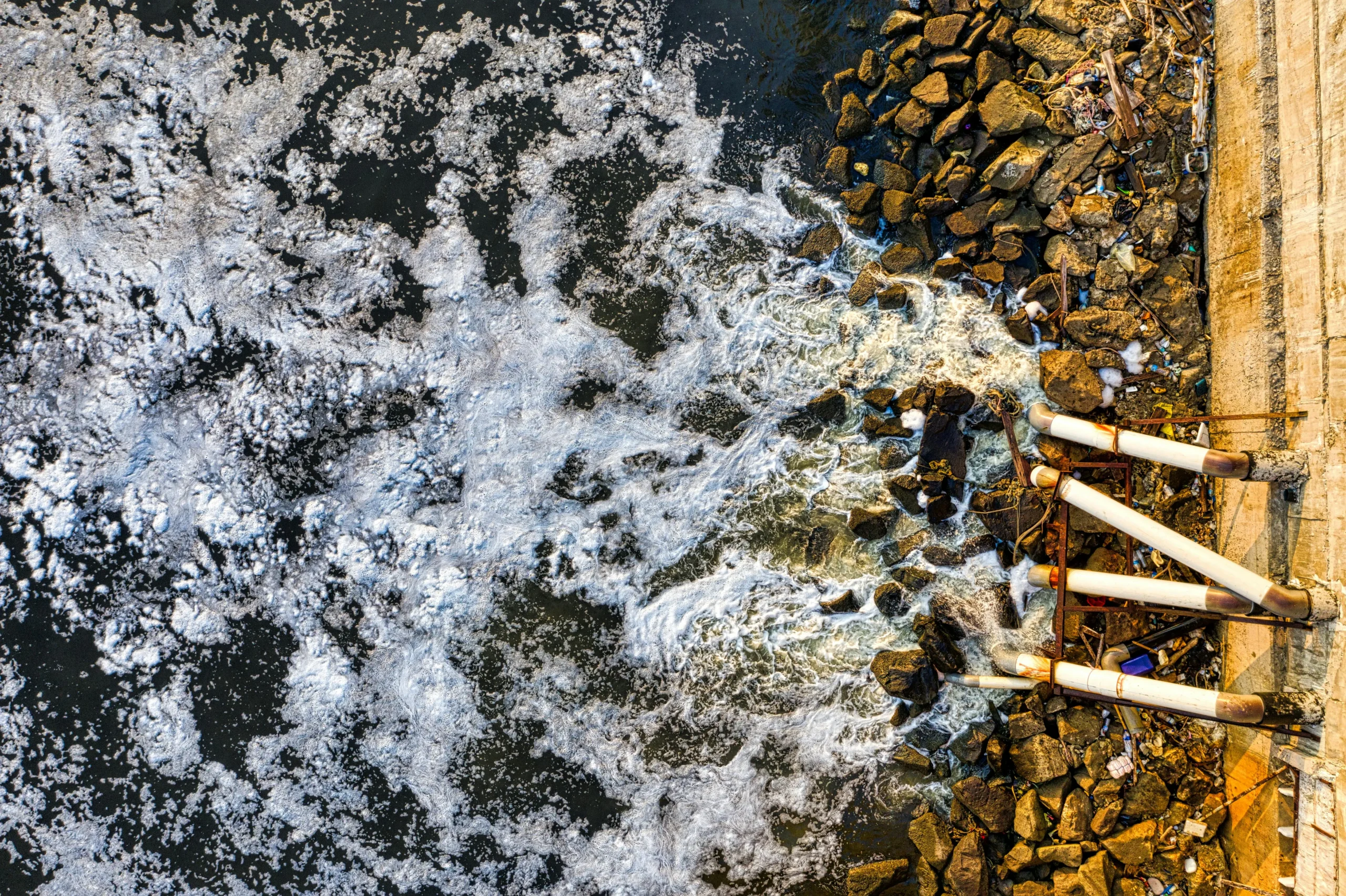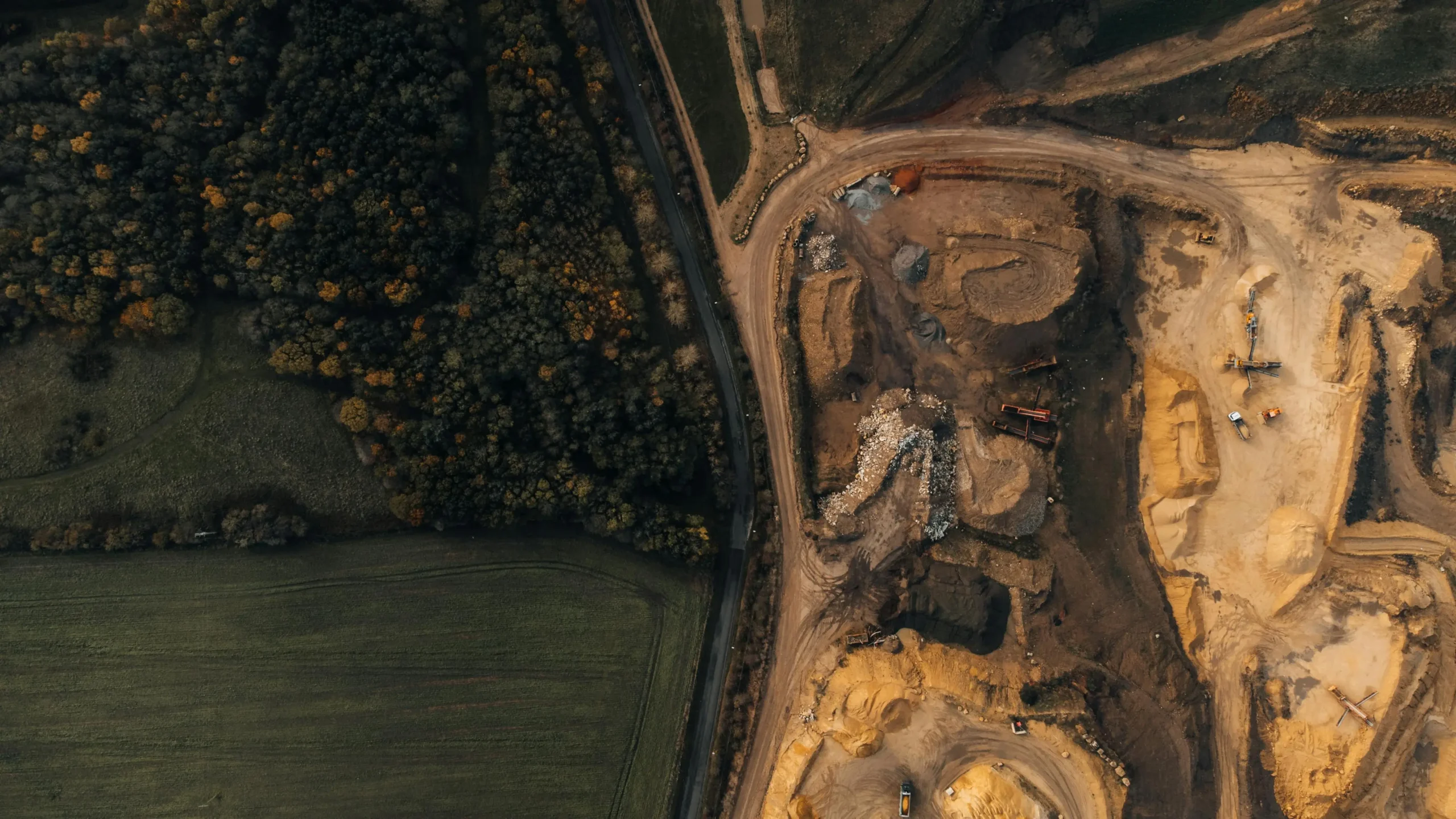
Perché estrarre dalle miniere quando la soluzione sta già scorrendo?
Questa domanda definisce la nostra missione in Circular Materials: trasformare i rifiuti in opportunità recuperando risorse critiche dagli effluenti industriali. In occasione della Settimana Europea per la Riduzione dei Rifiuti (EWWR), dal 16 al 24 novembre, ci viene ricordata una verità potente: ogni piccola azione conta.
L’EWWR richiama l’attenzione sull’urgenza di ripensare il nostro rapporto con i rifiuti, dando priorità a riduzione, riuso, riciclo e recupero. In Circular Materials non ci limitiamo a rispondere a questa chiamata, ma spingiamo attivamente i confini di ciò che è possibile nella gestione dei rifiuti e nel recupero delle risorse.
Riduzione dei rifiuti: una responsabilità collettiva
L’EWWR è un’iniziativa paneuropea che evidenzia l’importanza della prevenzione dei rifiuti e la necessità urgente di soluzioni sostenibili. In Circular Materials ci allineiamo a questa visione grazie alla nostra tecnologia innovativa, che recupera metalli strategici come rame, nichel, litio e cobalto dagli effluenti industriali.
Questi metalli, fondamentali per la transizione verde, spesso vanno persi nei processi industriali tradizionali. Ripensando alle acque reflue come risorsa, dimostriamo che i rifiuti non sono un punto d’arrivo, ma l’inizio dell’innovazione sostenibile.
Come può il recupero dagli effluenti industriali supportare gli obiettivi di zero spreco?
Ogni anno, milioni di tonnellate di materie prime critiche vanno perse, aggravando il degrado ambientale e la scarsità di risorse. In Circular Materials, affrontiamo direttamente questo problema con la nostra tecnologia di trattamento delle acque reflue. Recuperando metalli dai reflui industriali, non solo riduciamo i rifiuti, ma contribuiamo agli obiettivi di sostenibilità dell’Europa e alla sua autonomia strategica nell’approvvigionamento di materie prime critiche.
Il nostro processo incarna i principi dell’economia circolare, dove le risorse vengono continuamente riutilizzate e riciclate. Questo approccio sostiene direttamente le strategie zero-waste, dimostrando che innovazione e sostenibilità possono andare di pari passo.
Il ruolo del recupero nella riduzione dei rifiuti
Riduzione, riuso e riciclo sono i pilastri della gestione dei rifiuti, ma con il recupero si va oltre: significa salvare materiali che altrimenti andrebbero persi per sempre.
In Circular Materials vediamo le acque reflue industriali come un flusso di potenziale ancora inespresso. Recuperando metalli critici, noi:

Inoltre, le aziende che non adottano sistemi efficienti di recupero delle risorse perdono l’opportunità di estrarre valore dai loro flussi di rifiuti. Molti processi industriali generano materiali di scarto che possono essere trattati e trasformati in valore, come metalli e materie prime critiche. Non sfruttare queste opportunità può compromettere la competitività dell’azienda.
Agiamo durante l’EWWR
La Settimana Europea per la Riduzione dei Rifiuti sottolinea un messaggio fondamentale: ridurre, riutilizzare, riciclare e recuperare sono passi essenziali per minimizzare il nostro impatto ambientale. In Circular Materials ci impegniamo su tutti e quattro. Il nostro approccio innovativo non si limita al trattamento delle acque reflue industriali, ma contribuisce al riciclo delle batterie esauste e si pone come alternativa sostenibile alle operazioni minerarie, dimostrando la versatilità della nostra soluzione.
L’EWWR ci ricorda che ogni azione conta, dalle abitudini individuali alle pratiche industriali su larga scala. In Circular Materials crediamo nel potere della collaborazione: il nostro lavoro dimostra quanto sia possibile raggiungere quando industrie, decisori politici e comunità si uniscono per affrontare lo spreco e l’inefficienza delle risorse.
Economia circolare: la prossima frontiera della gestione dei rifiuti
In Circular Materials non sviluppiamo solo una tecnologia: guidiamo un movimento verso un ecosistema industriale più resiliente e sostenibile. Mentre l’Europa sostiene gli obiettivi del Green Deal, siamo orgogliosi di contribuire alla transizione verde del continente.
Attraverso il recupero di risorse di valore, la riduzione dello spreco e promuovendo l’innovazione, stiamo trasformando la riduzione dei rifiuti da concetto in realtà. In occasione della Settimana Europea per la Riduzione dei Rifiuti, celebriamo i traguardi raggiunti e rinnoviamo il nostro impegno per un futuro circolare.
Per scoprire di più su Circular materials e sul nostro impegno nella riduzione dello spreco, visita il nostro sito o contattaci.
Insieme, trasformiamo i rifiuti in opportunità – goccia dopo goccia.